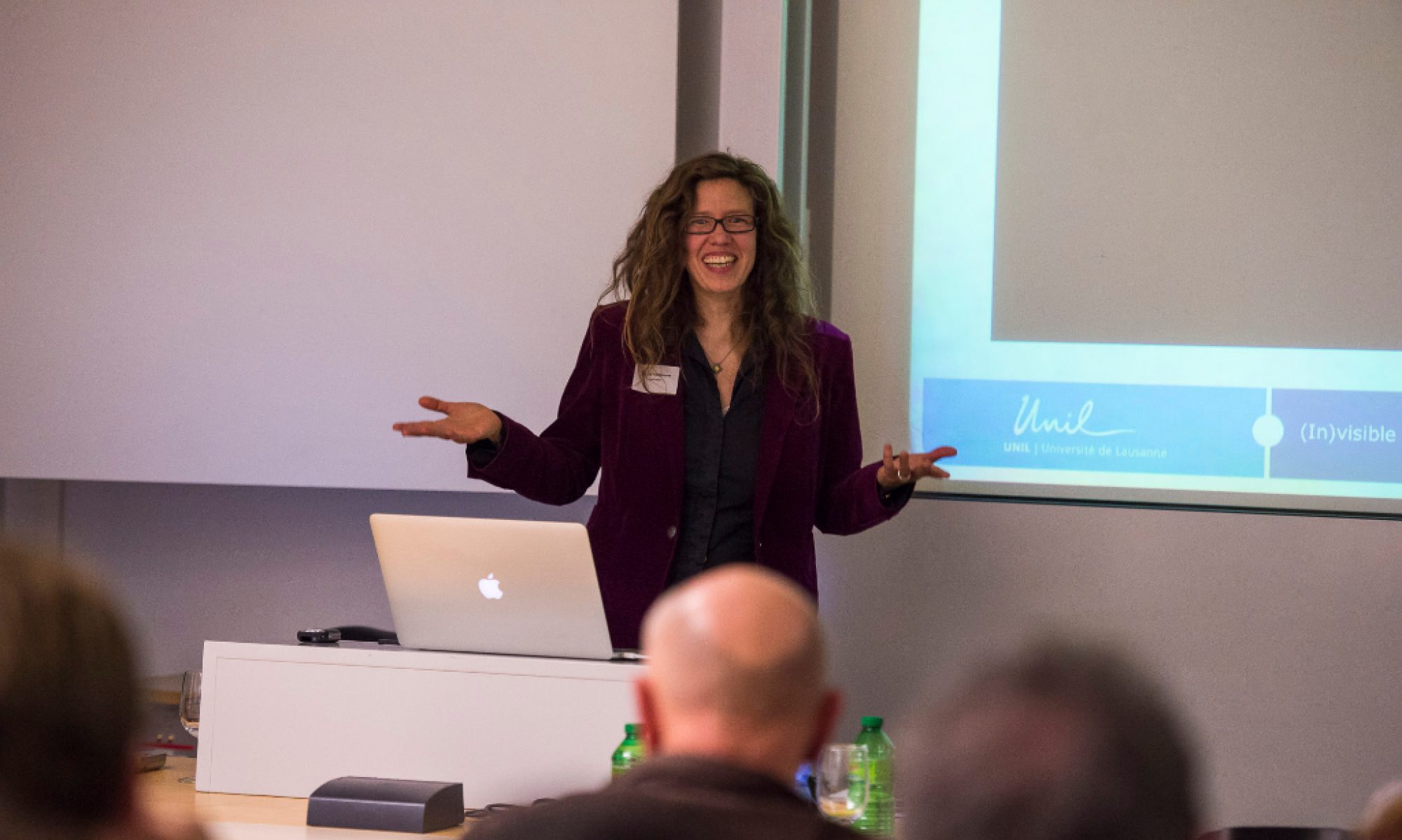Academic career
I obtained a PhD in Sociology, with a focus on Social Anthropology and Ethnology, from the Ecole des Hautes Etudes en Sciences Sociales (EHESS) in Paris and the University of Bielefeld. My doctoral thesis revolved around the political and religious practices of Senegalese Muslims in France and Germany. After having been researcher at the Centre national de la recherche scientifique (CNRS) and received an Emmy Noether grant from the German Science Community, I held a junior professorship at the University of Bochum and directed the Research Center for Sociology of Development and Internationalization. Moreover, I directed the French team of the European GEMMA project, Gender and Migration, at the EHESS. I am currently co-leader of the Migration, Alterity and Internationalization network of the French Sociological Association, and I co-direct the research committee of Urban Sociology: Cities, societies and public action, at the International Association of French-Speaking Sociologists.
Teaching at the Institute for Social Sciences of Contemporary Religions
“From diaspora to transnational space” summarizes the way in which I approach contemporary theories of migration with the students. I use examples from my fieldwork in Senegal, the United States, New-Zealand, the Middle East and Europe. I specifically use the event as an object – for example district and neighborhood fairs or the visit of a Sufi sheik – as they constitute an excellente way to question religious practices in the context of migration. My classes also offer room for the study of Muslim worlds with regard to the reconfiguration of practices within the urban space as well as from the viewpoint of gender studies.
Research topics
Currently, I am leading the ERC funded project ARTIVISM. Art and Activism. Creativity and Performance as Subversive Forms of Political Expression in Super-Diverse Cities. Before, I was principal investigator of the projects “(In)visible islam in the city: material and immaterial expressions of muslim practices within urban spaces in Switzerland” and “Undocumented Mobility (Tunisia-Switzerland) and Digital-Cultural Ressources after the ‘Arab Spring’“, funded by the Swiss National Science Foundation. I am interested in studying (in)visible Islam in the city through material and immaterial expressions of Muslim practices within Swiss urban spaces: formal and informal places of worship, topographies of neighborhoods with a significant migrant presence in Switzerland and religious and cultural events. The study of these places of sociability informs us about the multiple belongings of migrants and enables us to understand “boundary making” in different social situations. Like all the studies I have carried out, this one also follows a comparative perspective, with Japan or China perhaps, where I carried out exploratory fieldwork. As making my research available to a wider public is very important to me, I am preparing an audio-visual collection of my films on rituals and festive events.
